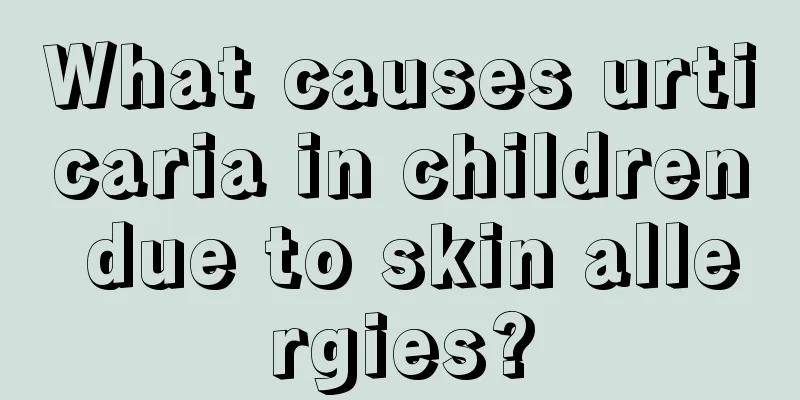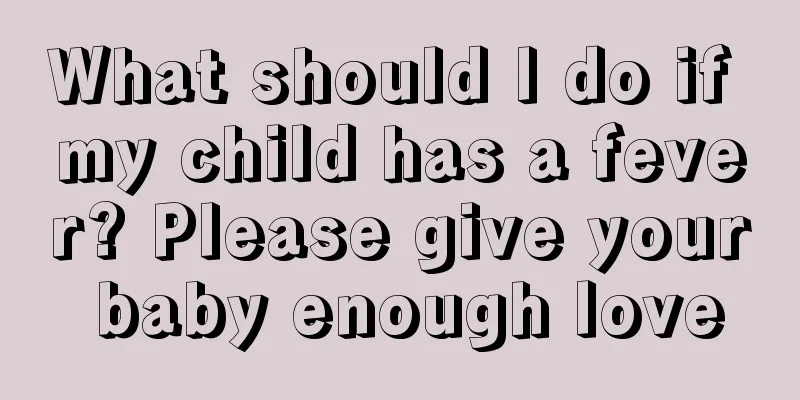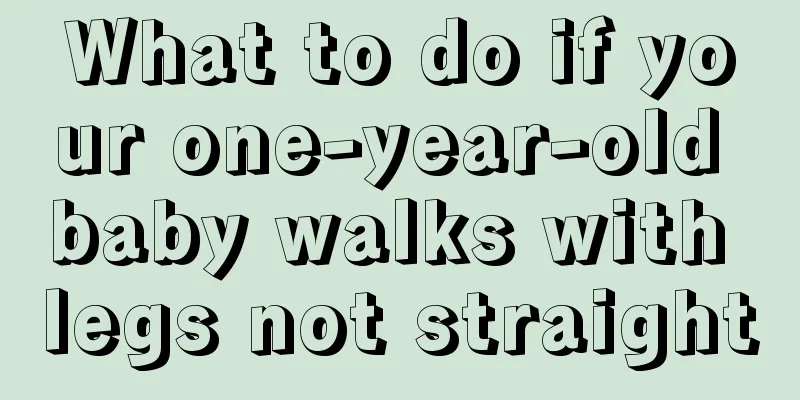What is the situation of a two-month-old baby sucking his fingers?

|
Careful parents have discovered that babies suck their thumbs more often when they are two months old. Many people believe that this is a normal phenomenon during the growth stage. Some parents also believe that this is a physiological reaction. So parents are quite confused and don’t know what the situation is. In fact, this is a signal transmitted by the baby's physiology and a signal transmitted by the developmental system. So as parents don't be too anxious or worried that this is an unhygienic habit. The right attitude to face this phenomenon; Babies suck their fingers for the following reasons: (1) Sucking fingers is a sign of intellectual development: When babies are 2 to 3 months old, as the cerebral cortex develops, they learn two actions. One is to wave their hands in front of their eyes and stare at their hands. This is the hand-watching game. The other is to suck their fingers. Because babies initially use their tongues to perceive external objects, some babies use this special way to recognize the various parts of their bodies. (2) Sucking fingers is a psychological placebo for babies. When babies' needs are not met, such as when they are hungry but cannot wait for milk or when they need their mother's caress but cannot get it, they will start sucking their fingers as a placebo to stabilize their emotions. Thumb sucking does not need to be corrected during this period. Almost all babies go through a period in which they are particularly interested in their opponents. Babies will put their hands in their mouths and suck on them, or put anything they can reach or hold in their mouths. Many young parents think this is an extremely unhygienic and bad habit and try to correct it by force. In fact, it is a very natural phenomenon for babies to suck their fingers and chew things. It is an inevitable result of the development of their nervous system. When a baby is just born, the movements of its limbs are unconscious. Around 2 months after birth, due to the development of the nervous system, the movements of the upper limbs gradually become purposeful, but at this time the baby does not know how to grab toys, so he puts his hands in his mouth. By about 4 months after birth, the baby has the ability to reach out and grab toys. He will grab the toys he sees in his hands and put them into his mouth accurately. At this point, the child will be able to tell the difference between the toy and the hand through the feeling of the mouth. By 6-8 months of age, babies can perform complex movements such as throwing objects, reaching out to touch, and imitating adults' movements. These are inevitable for the development of the nervous system. Moreover, it is essential for the baby to suck his fingers, chew toys and consciously touch everything around him, which is also necessary for his brain development and limb muscle training. Therefore, parents should encourage these behaviors and never correct them by force. When babies eat their hands or chew things, parents need to pay attention to the following issues: (1) Pay attention to hygiene. Parents should wash their babies' hands frequently and disinfect their toys. (2) Prevent foreign objects from harming children. Do not place buttons, beans, etc. where the baby can reach them to prevent foreign objects from blocking the baby's trachea and causing life-threatening danger. (3) Pay attention to the baby’s thumb sucking caused by “loneliness”. Some babies use their thumbs to comfort themselves due to lack of affection. Therefore, when the baby can reach out to grab toys and shows obvious preferences for different shapes and sounds, but still has the habit of sucking his fingers or chewing things, it means that the baby feels "lonely" and needs to communicate with adults. This should attract the attention of parents. There will be many manifestations during the growth period of babies, and as parents we should not worry too much. This is a magical stage in the growth of life. Just face it with the right attitude. The growth of the child requires parents to communicate well with him. Although he can't understand what you are saying at this time, it is still better to try to communicate. The above introduction may be helpful to some parents. |
<<: What to do if your baby's left and right faces are asymmetrical
>>: What should I do if my two-month-old baby has diarrhea?
Recommend
2-year-old baby wakes up crying in the middle of the night
Parents are all very troubled that their two-year...
Can people with hand, foot and mouth disease eat shrimp?
Patients with hand, foot and mouth disease should...
Symptoms of childhood rash
Because we all know that sometimes some diseases ...
What is the reason for the peeling of the feet of a two-year-old baby?
Babies are more likely to get sick than normal pe...
What are some soups that are good for children's appetite?
When children are young, their spleen and stomach...
How to deal with a child who has a fever but is in good spirits
Children are the treasures in the palms of their ...
Symptoms of swollen abdominal lymph nodes in children
Many children have swollen lymph nodes in their a...
Why is baby's poop white?
It is the common wish of every baby that he or sh...
What is the correct way to give cough medicine to young children?
It is very common for children to cough. Coughs a...
Umbilical cord bleeding
Under normal circumstances, the baby's umbili...
What causes black gums in children?
It is the happiest thing for parents that every c...
What to eat when children sweat
If children show signs of sweating during daily l...
Don't panic when your child has a nosebleed. How to stop the bleeding quickly
Nosebleeds are mainly caused by bumps, dry weathe...
What to do if your child has a fever
Children are very lively and active, and often pl...
What is atopic dermatitis in babies?
Generally speaking, patients with atopic dermatit...









